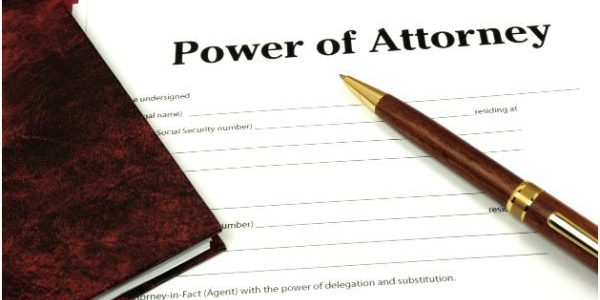In Utah, the Utah Uniform Power of Attorney Act went into effect in 2016 and applies to all powers of attorney now executed in the state of Utah. Whether you’re executing a limited power of attorney so that someone can help you with an out-of-town transaction, a medical power of attorney as you face end-of-life decisions, or a general power of attorney before you head out of the country, having an attorney create, review, and file your document ensures it is only as broad as necessary.
General Power of Attorney
A power of attorney can be broad enough to allow someone to handle all your affairs or specific enough to limit them to a single transaction. While commonly drafted as part of an estate plan, there are numerous situations where they can be useful. A college student headed abroad for a year can leave behind a power of attorney to allow her parents to handle banking transactions on her behalf while she’s gone. A businessman handling multiple real estate transactions can send agents with limited powers of attorney to purchase property on his behalf. A parent, recently diagnosed with on-coming dementia, can execute a power of attorney to allow her children to oversee her financial records and take care of her in old age.
To be valid, the Utah power of attorney must be signed before a notary public. Further, Utah powers of attorney are durable, meaning that they continue even in the face of the person’s becoming incapacitated or disabled, unless the document expressly states otherwise.
Springing Power of Attorney
When created as a part of a more comprehensive estate plan, a power of attorney can be created to only become effective if you are incapacitated. This is often called a “springing” power of attorney, because it springs into effect at a later time. This is particularly useful if you want to have a power of attorney in place in the event one is needed, but don’t want to give immediate control to your appointed power of attorney. This way, so long as you’re aware and able to make decisions for yourself, your decisions will rule. It’s only when you’re no longer able to make those decisions due to incapacity that the person with your springing power of attorney steps in and takes over the role.
So long as you’re mentally capable of doing so, you can always revoke a power of attorney. They will also automatically terminate if they were limited in scope or duration or if the agent assigned by the document becomes incapacitated. Creating a power of attorney is part of setting up an organized and effective estate. Experienced estate attorneys are also who you should turn to for other types of power of attorney documents. At Dunn Law Firm, we want to make sure you estate plan is comprehensive and covers a variety of possible scenarios. To learn more, reach out to the Dunn Law Firm by calling (435) 628-5405 to set up a free consultation today.







